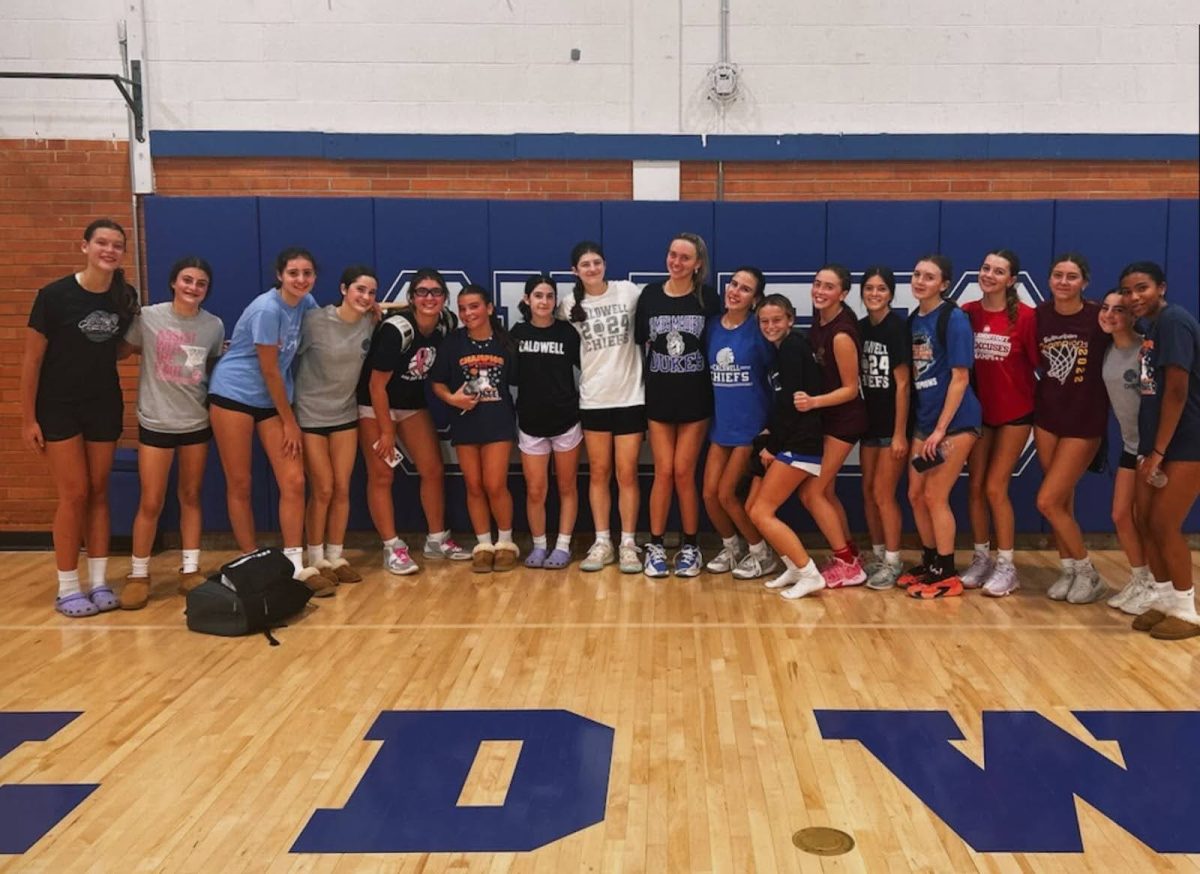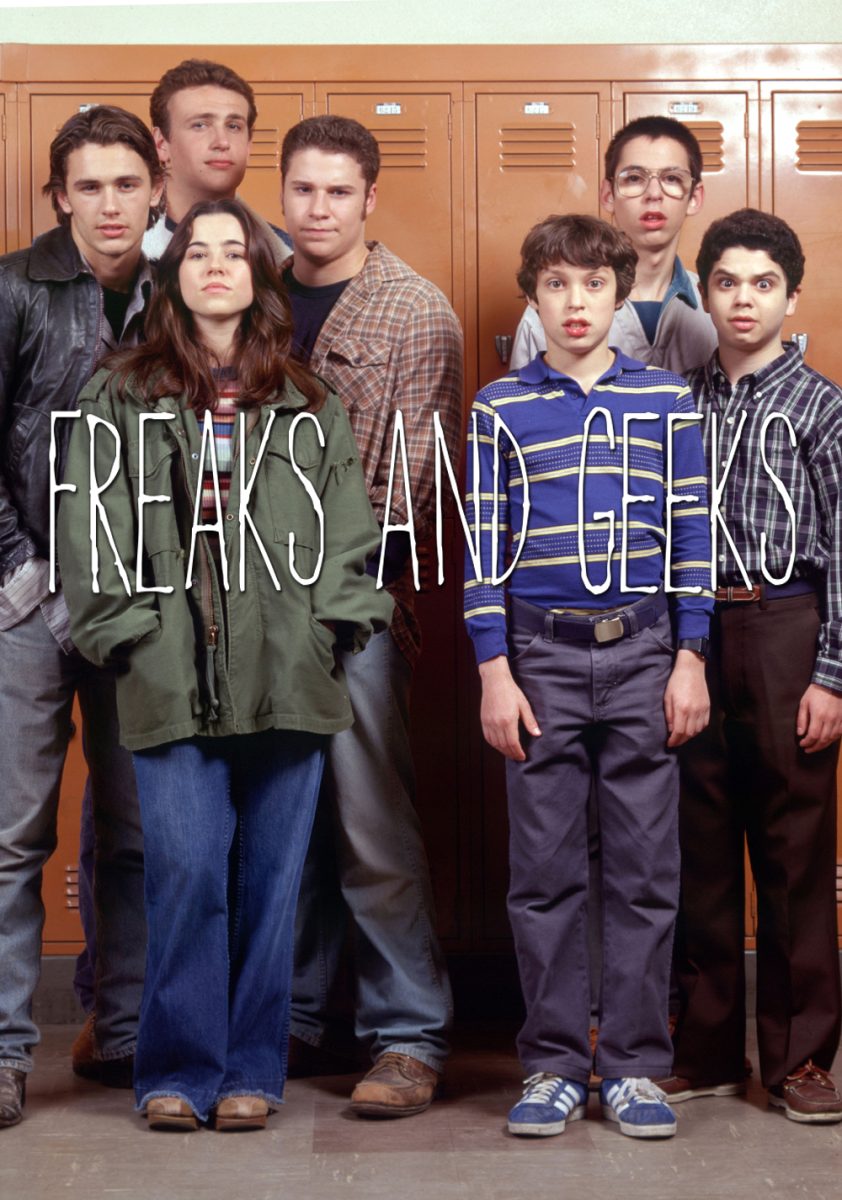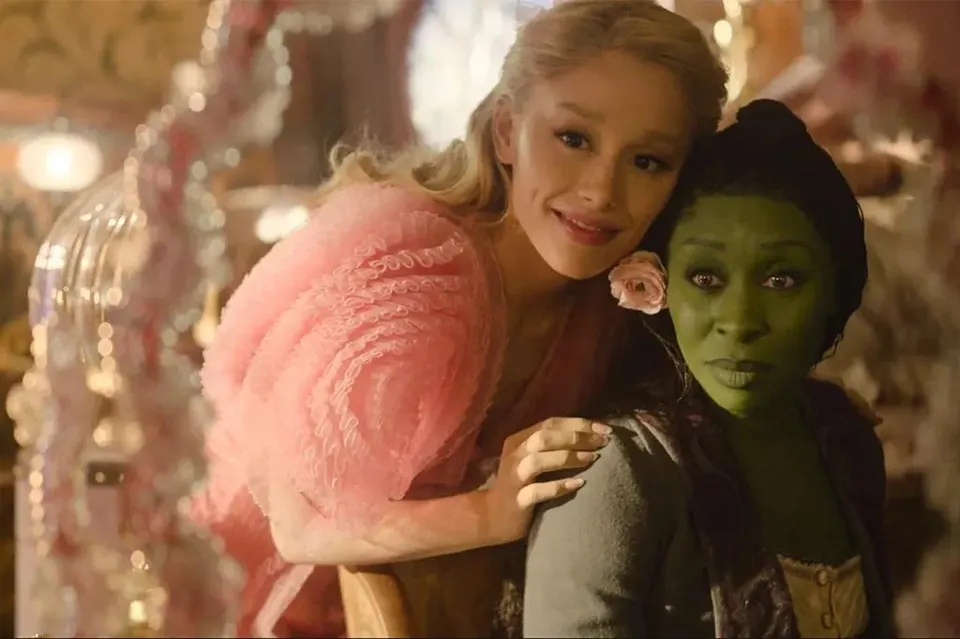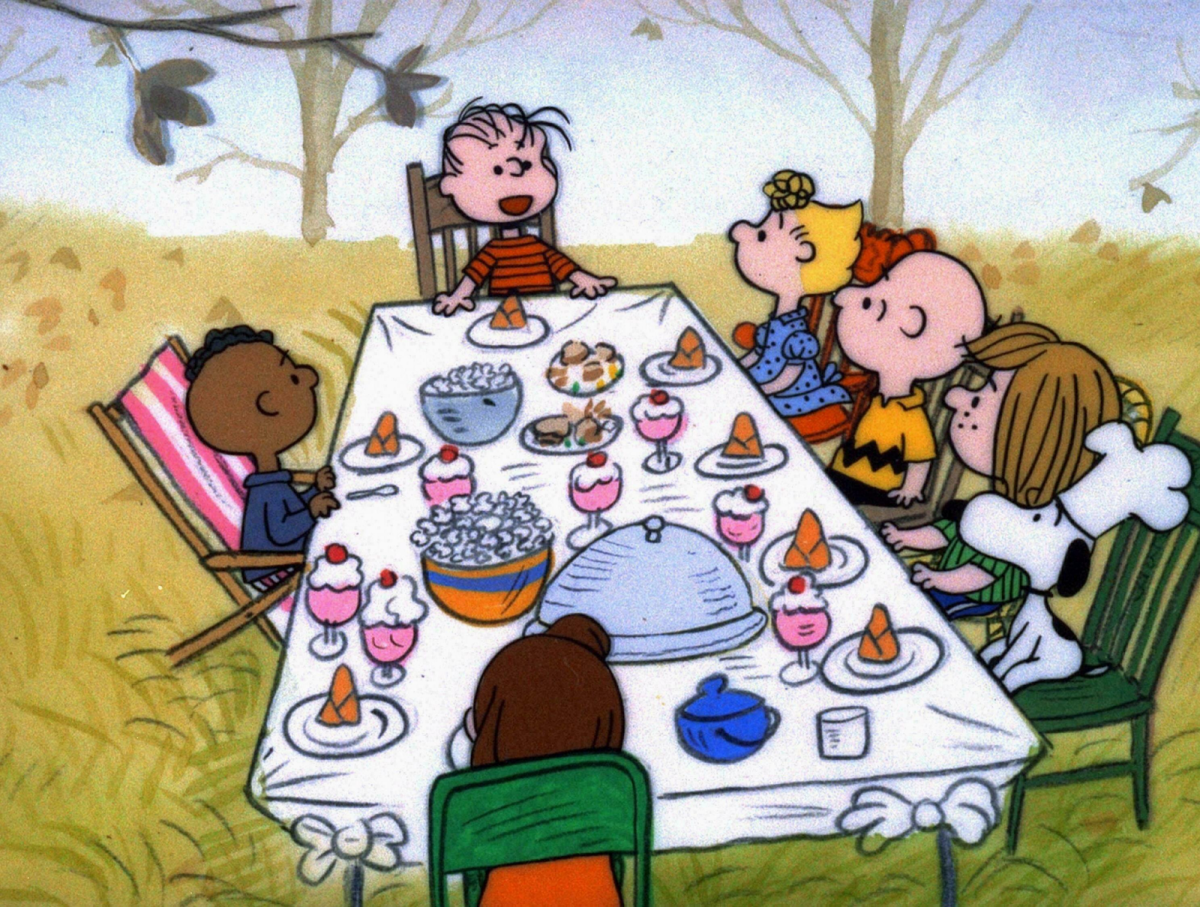Actress Carey Mulligan portrays Cassie Thomas in Promising Young Woman, a stylized and jarring psychological drama by Emerald Fennell. Cassie lives with her parents and works at a coffee shop in Ohio, living a seemingly average life. At night, though, Cassies goes to bars and clubs and pretends to be extremely intoxicated. Without fail, a man approaches her slumped, drunken body and offers her some help: a ride back to her apartment–or maybe a ride back to his? Cassie isn’t forming coherent sentences, but it doesn’t seem to bother this “nice guy”! Back at his apartment, a few dread-inducing scenes occur where the nerdy, “nice guy” begins making moves on an alcohol-sedated Cassie, which she protests. As this man is equating Cassie’s inebriation for consent, she reveals the ruse–she is sober and he is not a nice guy, but a predator.

Promising Young Woman is written and directed by Fennell, and it is her first feature-length film. Fennell’s creative process usually begins with one scene, which she then develops into a larger idea. In an interview with IndieWire, Fennell said that the film began with “this idea of a woman lying on the bed, drunk, somebody taking her pants down and her saying, ‘What are you doing? What are you doing?,’ very drunk. And then switching up and saying, ‘What are you doing?,’ very sober. That idea came in fairly fully formed, and really uncracks what this film is going to be.” As an audience member, that scene was exhilarating, empowering and infuriating. It seems as if Cassie Thomas is the only person holding men accountable for their disgusting and predatory behavior, conveying a deeper truth about society. Our patriarchal society tends to protect “nice guys” at all costs, giving them the benefit of the doubt, while searching for reason to dismiss and blame female victims. Cassie’s motives in particular emerge as her past is revealed systematically.
The sexual assault of Cassie’s best friend during medical school and her subsequent suicide has left Cassie traumatized and wounded. Her pain translates into a deep need for revenge. Fennell said, in her IndieWire interview, that she wondered “about the way that rage and anger manifests itself, particularly in women when we don’t traditionally, in spite of what most revenge movies tell us, resort to violence. It was looking at the different ways in which women act on those feelings, if they do.” Cassie’s actions offer a catharsis to all those exhausted with the discourse over sexual assault in our society. The film also reveals a profound but sad truth: Cassie never recovered from her trauma and became completely consumed by vengeance. Fennell conveys that rape and sexual assault not only affect its victims, but also their family, friends and communties.

The aesthetics of the film are distinct–a powerful juxtaposition to the movie’s subject matter. The costume design is full of colorful, fun and feminine clothing, while the woman wearing them is deeply angry and potentially dangerous. The design makes it clear that a feminine, or “delicate” woman can confront rape culture and misogny head on and with fervor. The costumes deceive the audience from what the climax of the movie will bring, which is a suckerpunch. I highly recommend this movie; it’s a must-watch for everyone. Carey Mulligan displays her dexterity in the film, playing a complex role with potency and reserve. The supporting roles, played by Bo Burnham and Alison Brie, are skillfully done and ground both Cassie and the plot. The ending is surprising and tragic. Revealed in an interview with Collider.com, Mulligan thinks the ending is “part of the reason why you can’t forget about the film when you walk away. It’s not a film that you can just sort of put down to being a fun experience. It stays with you in part because it doesn’t give you the easy way [out] and that’s what continues the conversation.” Promising Young Woman provokes obligatory discussion about female rage in the abusive, patriarchal society in which we live.































